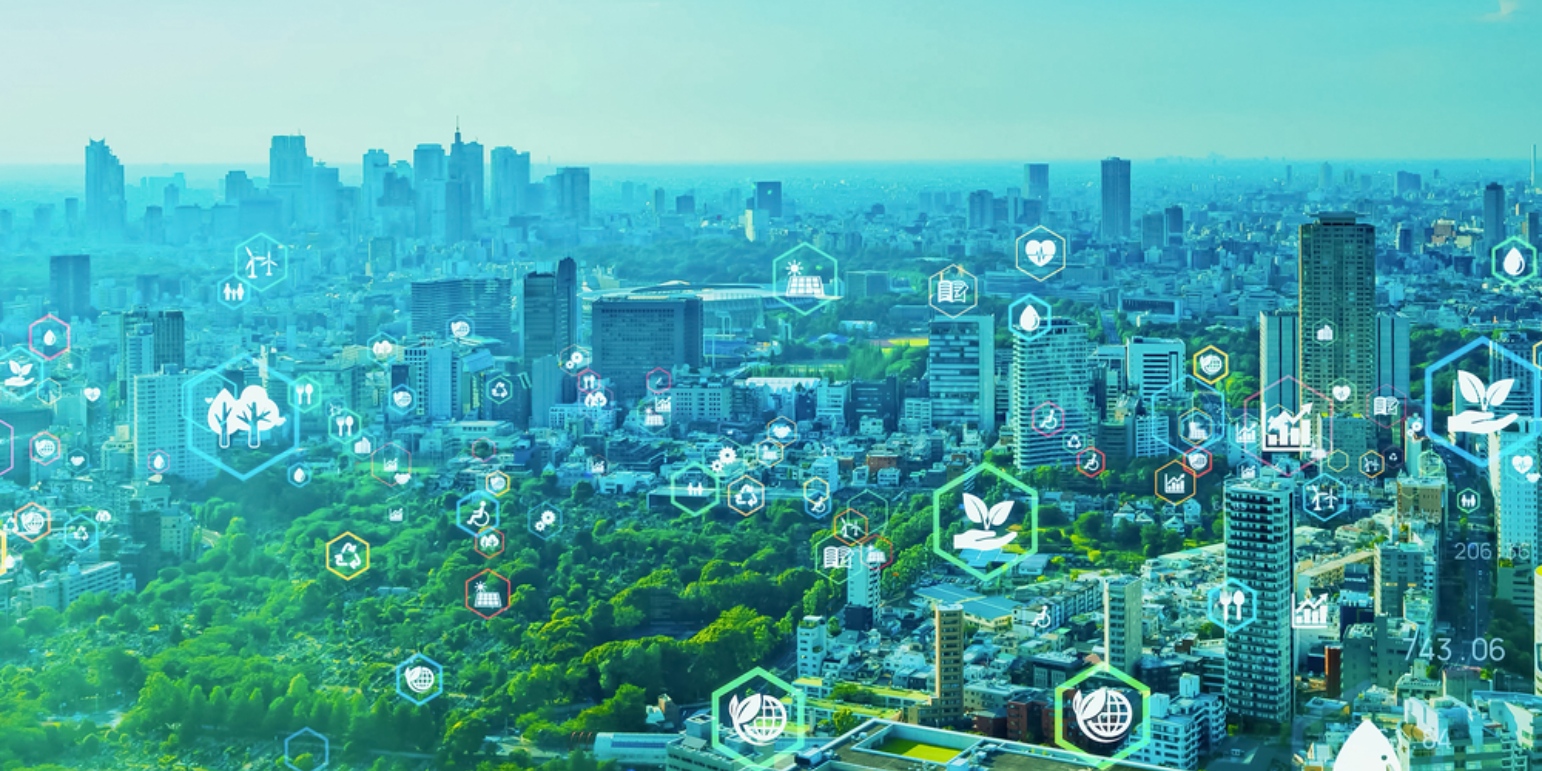Valentines sale - up to 30% off training courses – use code: VALENTINES26USA
27 February 2024 | Updated on 28 February 2024
Why is now the time to get serious about sustainable development?
Sustainable development is the second most in-demand skill this year with 78% of organisations planning to invest in it, according to our research. But it’s also something many organisations struggle...

Sustainable development is the second most in-demand skill this year with 78% of organisations planning to invest in it, according to our research. But it’s also something many organisations struggle with, in fact 70% agree it’s a key challenge.
Discover more in our 2024 research report blog.
Why is now the time to prioritise sustainable development?
The COP28 conference in December 2023 highlighted that the planet is severely off track to lowering greenhouse gas emissions, limiting the global temperature, and meeting the goals of the Paris Agreement.
Organisations are under increasing pressure to accelerate their progress to Net Zero and implement actionable plans to help them get there. We’re also seeing higher importance placed on implementing and developing actionable Environmental, Social and Governance (ESG) policies.
What steps can your organisation take to develop their ESG policies?
Step 1 – Set objectives and goals
Define clear short-term and long-term objectives. Then build a roadmap for how you plan to achieve these goals, defining the roles and responsibilities of each individual involved in this process.
Step 2 – Integrate sustainable thinking at the core of your business
Ensure you are considering sustainability in all your core operations, processes, and procedures. Design governance structures that help you maintain this thinking throughout all decision-making, from the board and senior leadership level down through the wider organisation.
Step 3 – Embrace remote working
Allowing employees to work from home can help to reduce your carbon footprint. It removes the need for a commute, reducing transport related emissions, and having fewer employees in the office will decrease the energy consumption for that building.
Step 4 – Reduce waste and encourage recycling
Consider opportunities to help reduce waste, could you go paperless or invest in more long-lasting equipment? In cases where waste in unavoidable, ensure your employees are encouraged to recycle where possible.
Step 5 – Consider opportunities for offsetting
Where you can’t make sustainable adjustments, consider ways you can offset the impacts of these actions. The main way to do this is through charity, whether you’re donating unsold produce or money both can help to reduce your carbon footprint.
Step 6 – Check your suppliers and think local
When selecting suppliers ensure they are aligned with your commitment to ESG. Conduct an audit of their sustainability practices before agreeing to work with them, and where possible source material from trusted local suppliers to reduce the need for long-distance travel.
What are the benefits of becoming a more sustainable organisation?
Strong ESG policies give businesses a competitive advantage, build customer loyalty and attract potential investors. This is because customers and investors alike are increasingly interested in dealing with organisations that are sustainable and can demonstrate values that align with their own.
ESG policies also help improve overall financial performance. Firstly, organisations with more local customers and investors are more profitable. And, secondly, energy efficiency facilitates cost savings. More sustainable businesses are also at a lower risk of receiving large fines for non-compliance with sustainable initiatives.
The value of training for sustainable development
For successful sustainable development, organisations need employees with the right skills and knowledge to put these policies, plans and pledges into action and oversee their progress, this is where learning and development (L&D) steps in.
At ILX, we have a wealth of courses available to develop your skills and improve your business.
View all ILX training courses.